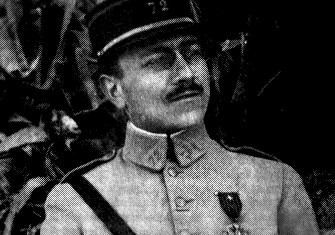Why Study the Past?
History can teach, inspire, warn, include and exclude; its uses change to fit the present moment.

History matters; that much we know. Evidence of its importance is all around us, in cinemas, bookshops, days of remembrance, political discourse and, as has been underlined recently, statues. But why does it matter? Here there is less consensus. Many different justifications for studying the past have existed since the earliest days of the western historical traditions.
Let us begin with eight of those justifications, most, if not all, of which were propounded by the ancient Greeks. One was entertainment. The drama and romance of the past was evoked through performance.
A second justification, call it memorialisation, appears in the opening lines of Herodotus (c.484-c.425 BC). His aim was ‘preserving from decay the remembrance of what men have done, and of preventing the great and wonderful actions of the Greeks and the Barbarians from losing their due meed of glory’.







